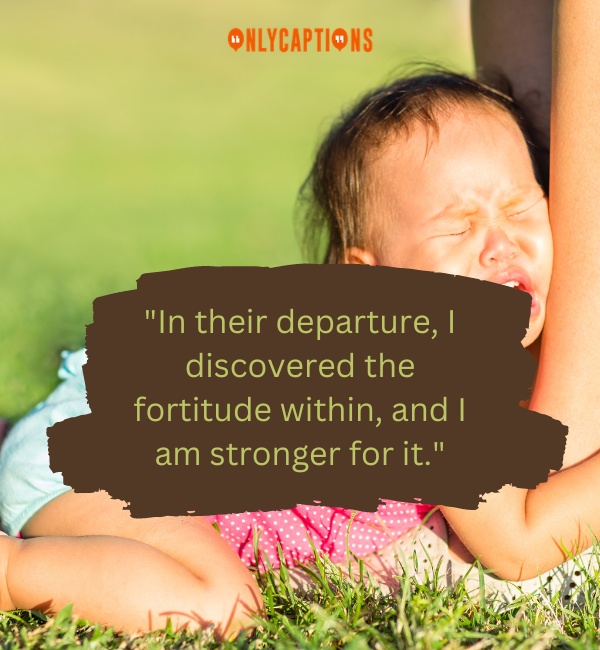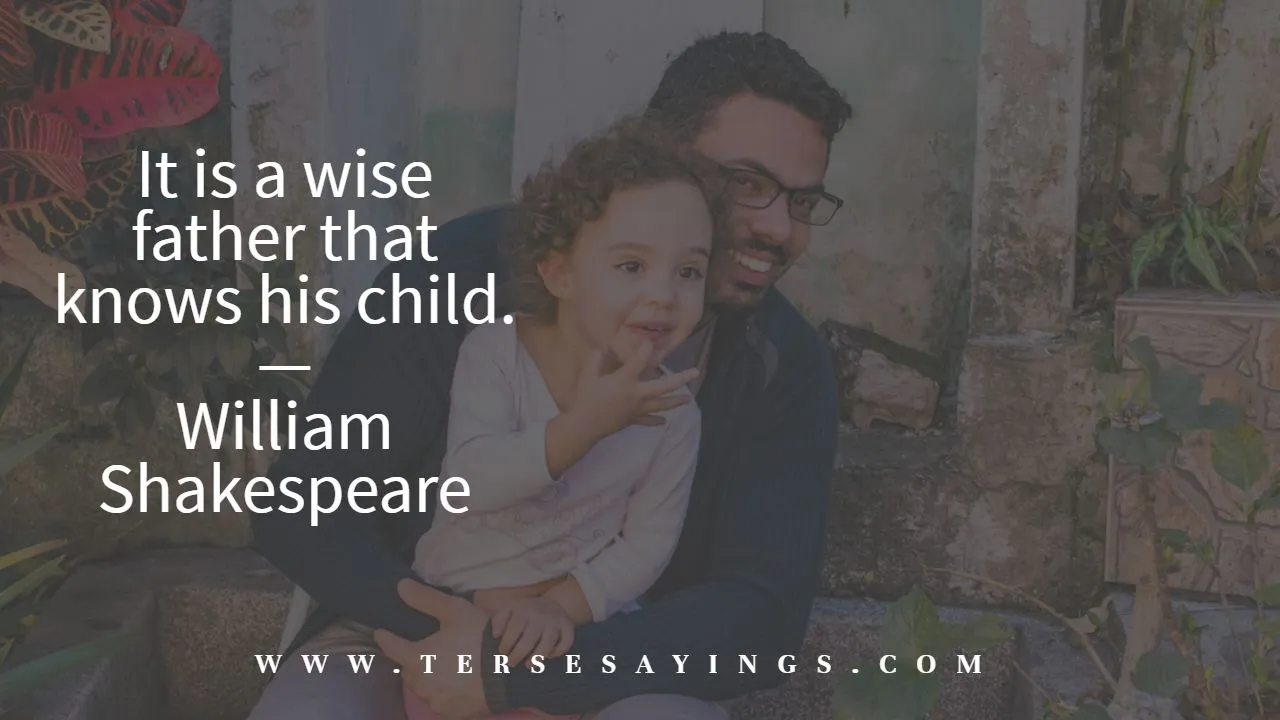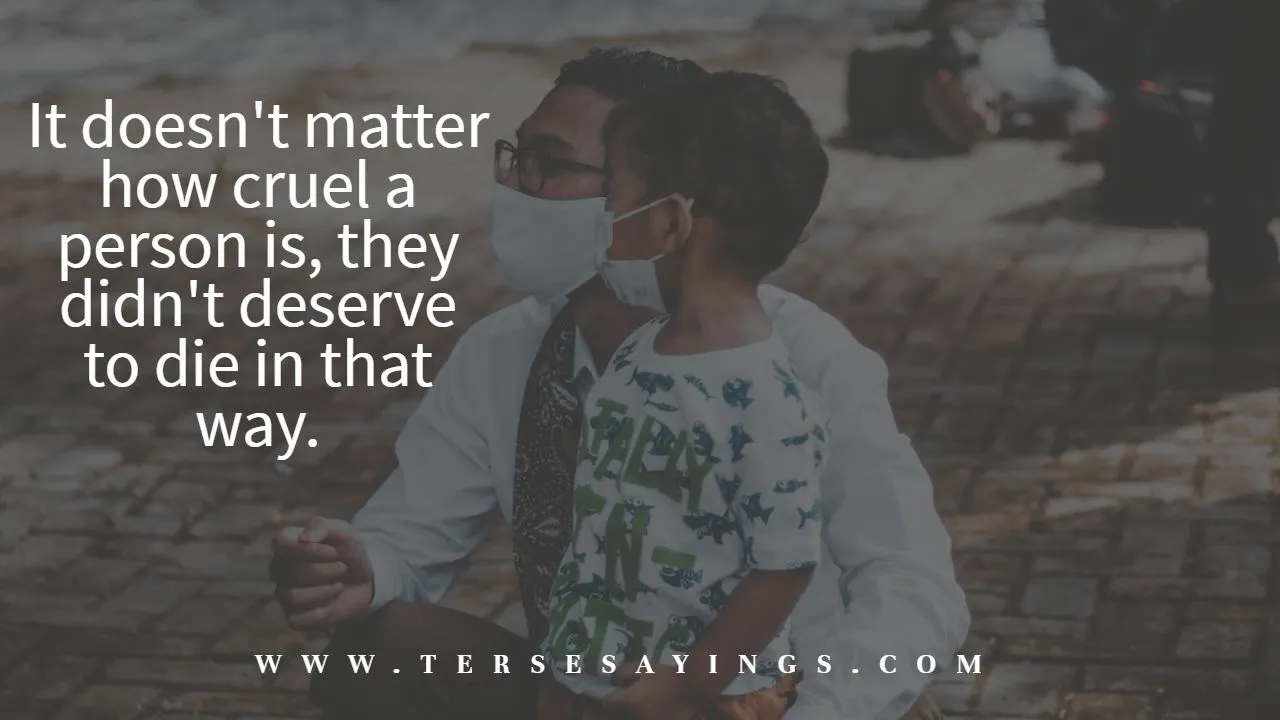Abandonment Selfish Parents Quotes: Finding Healing In Words
Abandonment selfish parents quotes have become a powerful way for people to express their emotions, process their pain, and find closure when dealing with the trauma of being left behind by parents who prioritized their own needs over their children’s. It’s not just about the words themselves but the deep meaning behind them that resonates with so many. These quotes can serve as a mirror to reflect our innermost thoughts or as a healing balm for wounds that never fully healed. If you’ve ever felt abandoned by a selfish parent, this article is here to guide you through the emotional landscape of such experiences and help you find strength in shared stories.
Parental abandonment is one of the most profound wounds anyone can experience. When parents fail to fulfill their responsibilities, either emotionally or physically, it leaves scars that linger long into adulthood. But there’s power in understanding your story and finding solace in the words of others who’ve walked the same path. That’s where abandonment selfish parents quotes come in—they give voice to the voiceless and meaning to the seemingly meaningless.
Throughout this piece, we’ll explore how abandonment selfish parents quotes can be used as tools for healing, self-discovery, and even empowerment. We’ll dive into the psychology of abandonment, share real-life examples, and provide actionable steps to help you move forward from this painful chapter in your life. Let’s get started.
Read also:Salish Heights A Stunning Paradise You Need To Explore
Here's a table of contents to guide you:
- Understanding Parental Abandonment
- The Psychology Behind Selfish Parents
- Abandonment Quotes That Resonate
- How Quotes Help in Healing
- Famous Stories of Parental Abandonment
- Long-Term Effects on Adults
- Coping Mechanisms
- Building a Support System
- Resources for Healing
- Final Thoughts on Moving Forward
Understanding Parental Abandonment
Parental abandonment isn’t just about physical absence; it also includes emotional neglect. When parents choose their own desires over their children’s needs, it creates a void that’s hard to fill. This type of abandonment often stems from deeper issues within the parent themselves, like addiction, mental health problems, or unresolved trauma. But no matter the cause, the impact on the child is significant.
Let’s break down what parental abandonment looks like:
- Physical abandonment: A parent leaving the home permanently or for extended periods without providing care.
- Emotional abandonment: A parent being present physically but unavailable emotionally, offering little to no support, love, or guidance.
- Selfish behavior: Prioritizing personal interests, relationships, or pursuits at the expense of the child’s well-being.
For those who’ve experienced this, abandonment selfish parents quotes can serve as both a validation of their feelings and a source of comfort. They remind us that we’re not alone in our struggles and that others have navigated similar paths.
Why Does Parental Abandonment Hurt So Much?
The pain of parental abandonment cuts deep because it challenges one of humanity’s most basic needs: connection. From a young age, we rely on our parents for survival, security, and love. When that bond is broken, it disrupts our sense of safety and belonging. Even as adults, the effects of abandonment can linger, manifesting in trust issues, low self-esteem, and difficulty forming healthy relationships.
The Psychology Behind Selfish Parents
So, why do some parents act so selfishly? To understand this, we need to look at the psychology behind their actions. Often, selfish parents aren’t intentionally trying to hurt their children. Instead, they may be grappling with their own unresolved issues, such as:
Read also:Unlocking The Secrets Of Personality Turnons For Guys
- Unresolved trauma from their own childhood
- Mental health disorders like narcissism or borderline personality disorder
- Substance abuse or addiction
- Financial or marital stress
While none of these excuses their behavior, understanding the root causes can help us process our emotions more effectively. It’s important to remember that their actions reflect their own struggles, not your worth as a person.
Can Selfish Parents Change?
Change is possible, but it requires self-awareness and a willingness to confront difficult truths. Many selfish parents remain stuck in patterns of behavior because they refuse to acknowledge their flaws. For those who do seek help, therapy and support groups can be invaluable resources. However, even if a parent doesn’t change, you can still work on healing yourself and building a fulfilling life regardless of their choices.
Abandonment Quotes That Resonate
Abandonment selfish parents quotes have the power to articulate the complex emotions surrounding parental abandonment. Here are a few examples that might resonate with you:
- “The greatest gift you can give someone is your time. Because when you give your time, you give a portion of your life that you will never get back.” – Unknown
- “Not all parents are heroes, and not all heroes are parents.” – Unknown
- “The wound is the place where the light enters you.” – Rumi
- “Being a parent is not about being perfect; it’s about doing your best and loving unconditionally.” – Unknown
These quotes remind us that while abandonment is painful, it doesn’t define our worth. They offer hope and encouragement to keep moving forward despite the challenges.
How to Use Quotes for Personal Growth
Quotes can be more than just words on a page. Here’s how you can use abandonment selfish parents quotes for personal growth:
- Write them down in a journal and reflect on their meaning.
- Share them with trusted friends or support groups to start conversations.
- Use them as affirmations to remind yourself of your strength and resilience.
How Quotes Help in Healing
Healing from parental abandonment is a journey, and abandonment selfish parents quotes can play an important role in that process. They help us:
- Validate our feelings: Knowing that others have experienced similar pain can make us feel less isolated.
- Reframe our perspective: Quotes often offer new ways of looking at old wounds, helping us see things in a different light.
- Build resilience: By reminding us of our strength and potential, quotes empower us to overcome adversity.
Remember, healing isn’t linear. There will be ups and downs along the way, but with the right tools and support, you can create a life filled with love, joy, and purpose.
When Quotes Aren’t Enough
While quotes can be incredibly helpful, they’re not a substitute for professional help. If you’re struggling to cope with the effects of parental abandonment, consider reaching out to a therapist or counselor. They can provide personalized guidance and support as you work through your emotions.
Famous Stories of Parental Abandonment
Throughout history, many famous figures have faced the pain of parental abandonment. Their stories remind us that even those who achieve great success can struggle with the scars of their past. Here are a few examples:
- Freddie Mercury: The legendary singer was abandoned by his father at a young age, which he later referenced in his music.
- Oprah Winfrey: Oprah endured a tumultuous childhood marked by neglect and abuse before rising to become one of the most influential women in the world.
- Steve Jobs: The co-founder of Apple was adopted as a baby and later struggled with feelings of abandonment throughout his life.
These stories show that while parental abandonment is a significant challenge, it doesn’t have to define your future. With determination and support, you can overcome even the toughest obstacles.
Lessons from Famous Stories
What can we learn from these famous stories of parental abandonment? First, that resilience is key. Second, that seeking support—whether from friends, family, or professionals—can make all the difference. Finally, that our worth isn’t determined by our parents’ actions but by the person we choose to become.
Long-Term Effects on Adults
The effects of parental abandonment can last well into adulthood, impacting various areas of life. Some common long-term effects include:
- Trust issues: Difficulty forming and maintaining close relationships.
- Low self-esteem: Struggling with feelings of inadequacy or unworthiness.
- Emotional instability: Experiencing intense mood swings or difficulty regulating emotions.
- Attachment disorders: Developing unhealthy attachment styles in romantic relationships.
Recognizing these effects is the first step toward healing. By acknowledging how abandonment has impacted your life, you can begin to address those issues and work toward a healthier, happier future.
Breaking the Cycle
If you’re a parent yourself, you may worry about passing on the pain of abandonment to your own children. The good news is that awareness is power. By acknowledging your past and actively working to break the cycle, you can create a nurturing environment for your kids. Therapy, self-reflection, and open communication are all essential tools in this process.
Coping Mechanisms
Coping with the effects of parental abandonment requires a toolkit of strategies to help you manage difficult emotions. Here are a few coping mechanisms that might help:
- Journaling: Writing about your thoughts and feelings can be a cathartic way to process them.
- Meditation: Practicing mindfulness can help you stay grounded and reduce stress.
- Exercise: Physical activity releases endorphins, which can improve your mood and energy levels.
- Therapy: Working with a mental health professional can provide valuable insights and support.
Remember, there’s no one-size-fits-all approach to coping. Experiment with different strategies until you find what works best for you.
When to Seek Professional Help
While self-care is important, sometimes it’s not enough. If you’re experiencing severe symptoms like depression, anxiety, or suicidal thoughts, it’s crucial to seek professional help. A therapist or counselor can provide the guidance and support you need to navigate these challenges.
Building a Support System
No one should face the pain of parental abandonment alone. Building a strong support system is essential for healing and growth. Here’s how you can create a network of people who care about you:
- Reach out to friends and family members who are supportive and understanding.
- Join online communities or support groups for people who’ve experienced parental abandonment.
- Volunteer or participate in activities that allow you to meet like-minded individuals.
Having people in your corner can make all the difference in your journey toward healing. Don’t be afraid to lean on others when you need support.
Why Support Matters
Support systems provide more than just emotional comfort. They offer practical help, advice, and encouragement when you need it most. Knowing that you’re not alone can give you the strength to keep moving forward, even when things feel overwhelming.
Resources for Healing
There are many resources available to help you heal from the effects of parental abandonment. Here are a few to consider:
- Books: Titles like “The Body Keeps the Score” by Bessel van der Kolk and “Complex PTSD: From Surviving to Thriving” by Pete Walker offer valuable insights into trauma and recovery.
- Online courses: Platforms like Coursera and Udemy offer courses on mental health and personal development.
- Therapy apps: Apps like BetterHelp and Talkspace connect you with licensed therapists for convenient, affordable counseling.
Take advantage of these resources to deepen your understanding and accelerate your healing journey.
Choosing the Right Resources
Not all resources are created equal. When selecting tools for healing, look for those that align with your needs and preferences. Whether it’s reading books, attending workshops, or engaging in therapy, choose what feels right for you.
Final Thoughts on Moving Forward
Parental abandonment is a painful experience, but it doesn’t have to define your life. Through abandonment selfish parents quotes, therapy, and a supportive community, you can find healing and build a fulfilling life. Remember, your worth isn’t determined


